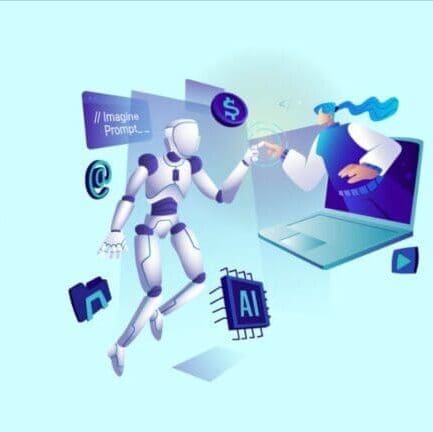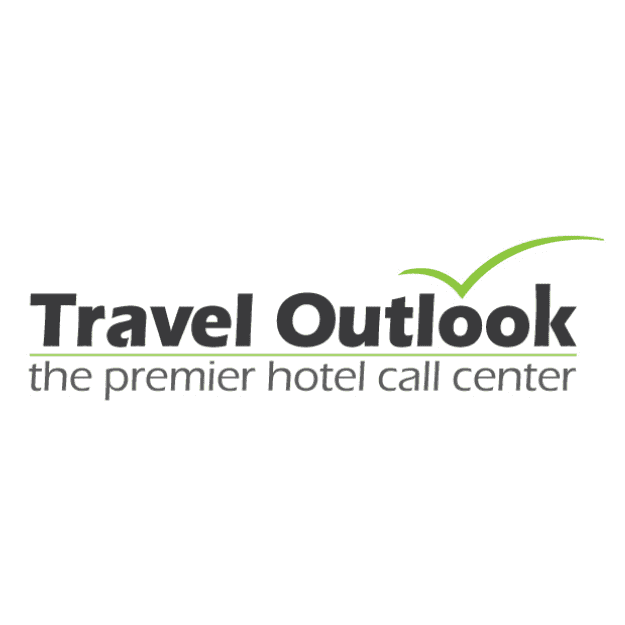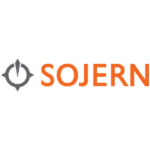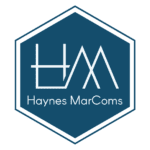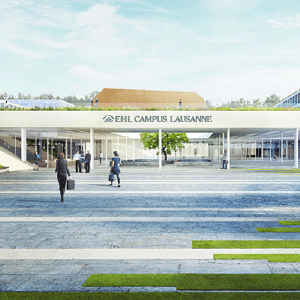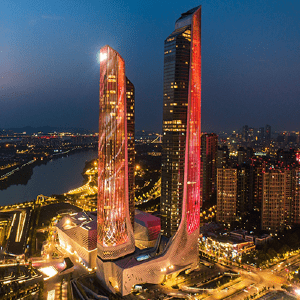Over the last decade, labor costs have risen sharply. After the pandemic, labor shortages are plaguing businesses across the world, and the hospitality industry is no exception. Demand for workers has never been higher, yet universal labor shortages persist, causing problems for hotels, despite a sharp rise in travel.
 Two years removed from the pandemic; travel is back in a big way. Hotels everywhere are preparing for what is sure to be a record-breaking summer of travel, but they’re doing so with one hand tied behind their back, thanks to the recent labor shortages.
Two years removed from the pandemic; travel is back in a big way. Hotels everywhere are preparing for what is sure to be a record-breaking summer of travel, but they’re doing so with one hand tied behind their back, thanks to the recent labor shortages.
With wages rising and the supply of workers decreasing, hotels are struggling to stay afloat during these unprecedented times. Hotel operating costs have a direct impact on a property’s bottom line. So, it’s no surprise that labor shortages and rising costs are taking their toll. To find out the real impact of rising labor costs on hotels and their guests, continue reading below.
How operating costs affects the bottom line
A hotel’s operating cost directly impacts a property’s profitability. Wasteful spending depletes profit margins and threatens a property’s financial health and long-term viability. Hotels must find a balance between over-spending and sacrificing vital services that will negatively impact the guests’ experience.
While it’s true you get what you pay for in terms of labor and service, given the new high cost of labor, hotels must find new ways to reduce costs without impacting the guests’ experience.
Managing revenue
The first step to keeping hotel operating costs under control is practicing proper revenue management. Rather than manage revenue with outdated models based on fixed price systems, adopt a model that more accurately reflects today’s dynamic market.
At its core, revenue management “is the strategic use of performance data, local market data, competitor rates, and other applied analytics to help predict consumer demand to optimize pricing and distribution in a way that maximizes revenue and profits.” In simpler terms it’s selling the right room, to the right guest, at the right time, at the right price, through the right distribution channel, at the best cost.
Dynamic Pricing allows hotels to manage their revenue in today’s ever-changing economy. It uses flexible pricing for a product or service based on market demand. In a Dynamic Pricing model, businesses charge more as demand increases.
Worker shortages and the new high price of labor

as labor shortages persist.
According to data provided on Labor Cost Trends in 2020, labor and related costs were cut by over 50% to offset the nearly 60% decline in total revenue. The year before, total labor costs were just over 50% of hotel expenses through GOP. That meant that cutting operating costs was the obvious solution to minimizing losses in hotel profits.
Now that there’s a light at the end of the tunnel, hotels are looking to return to full operating capacity. But the new high cost of labor is hindering their ability to return to normal.
The impact on guests
As travel continues to rise, hotels will be challenged to maintain the necessary depth of staffing after the cuts made in 2020. In addition to a sharp increase in occupancy, hotels will soon re-open some of the services and amenities removed in 2020 to compete and justify room rate increases.

Director of Digital Business Development
Travel Outlook
According to Kimberly Berry, Director of Digital Business Development at Travel Outlook, “If hotels don’t find a solution for their staffing shortages, they’ll struggle to provide adequate service to guests who still expect a high level of customer service as they return to travel. That means, guests will likely experience long wait times on the phone, lines at the front desks, and a stretched thin concierges department.”
Given the high cost of labor, and to combat labor shortages, outsource your hotel’s voice channel to a premium hotel call center that utilizes the next generation of hospitality-specific tech so that your staff can focus on your valued clientele.
Only the industry’s leading hotel call center can immediately address hiring and staffing challenges. That includes answering up to 60% of the calls for your front desk, answering FAQs specific to your property, understanding multiple languages, routing calls, sending follow-up texts, and much more. And do it affordably.
Learn more about the next generation of voice bots designed specifically for the Hospitality industry. And find out how an AI-powered virtual hotel call center agent can improve your hotel’s voice channel while saving on fixed labor costs.



